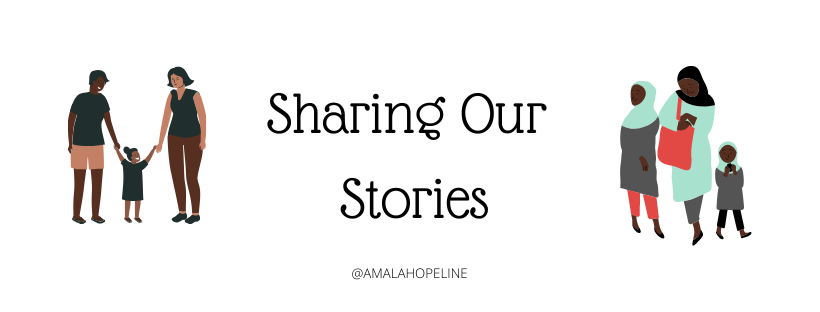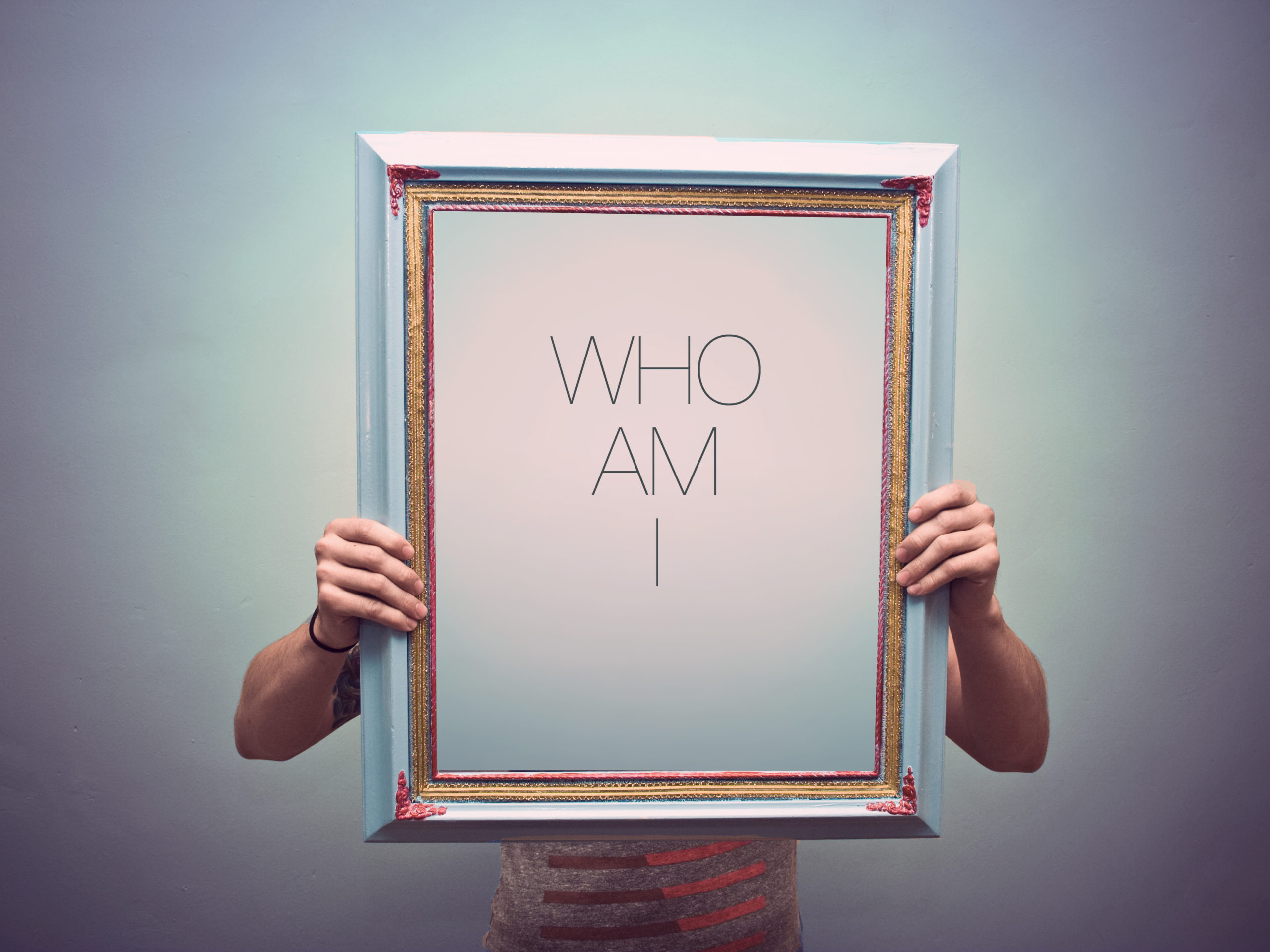“Wow your english is so great for a muslim,” “What’s your name?…… oh… when did you convert?”
Sound familiar to you? If you are a multiethnic muslim you may have experienced some of these scenarios both with non-Muslims and fellow Muslims alike. If you were born in the US you might constantly get “Wow how is your english so good.” from non-Muslim (even those of your same culture). You may have also been asked repeatedly by other muslims when you converted simply because you aren’t a part of the majority ethnic group in your area.
Being Multiethnic in itself can be challenging. As multiethnic children grow older, they can often find themselves identifying with one side of their identity more than the other. Whether it be due to the fact that they are closer to one parent or just enjoy the strong cultural aspect of one over the other. It can often be so discouraging to not feel like you are enough of either half of your identity. When this is paired with a third identity of being Muslim, it can be very difficult to feel comfortable in your own skin and have a sense of belonging. The experience of a multiethnic muslim is impossible to sum up in only a few points, however here are four of the most prevalent struggles about being a multiethnic Muslim.
Split Identity
Many of our multiethnic youth feel that they have to constantly switch between their identities. With sometimes contrasting cultural expectations, a sense of belonging doesn’t always come easy. When with a group from one culture they might feel that they have to pretend to have particular interests or talk in a certain way in order to be acknowledged and accepted. When surrounded by individuals from the other half of their identity the same is true. This can lead to low self esteem and feeling like they can never be true to themselves due to the constant strain of trying to fit in.
Not being accepted 100% by any part of your identity
The disappointment of not being cultural enough to be embraced is a lot to carry. Cultural identity and pride often leans into every aspect of life. There are many unfortunate times where one half of your identity may not accept you due to not “speaking the right language” or “not having the most common faith practiced by others.” Religious and cultural practices often go hand in hand and being Muslim can often mean that multicultural Muslims can be excluded from part of their identity due to discrimination.
Not being Muslim Enough
There are times when Muslim identity can be very strongly identified as a culture rather than a faith. As a muslim you can be expected to act a certain way and carry yourself a certain way. Sometimes cultures emphasize practicing Islam in a very particular way that can feel foreign to multicultural muslims. It can be very easy to feel anxious and intimidated when feeling like you can’t blend in or don’t understand Arabic terminology for elements of your faith. It can often leave our youth feeling lost or overwhelmed, sometimes feeling like they cannot measure up. This can lead to feelings of insecurity and can sometimes affect spiritual health.
Pressure of expectations
The pressure of expectation can be true for most youth. Some common pressures include ensuring that you uphold cultural practices while also trying to follow Islamic practices. Or feeling like you need to “fix” all the elements of your identity that are seen as different or not correct by others. Feeling “wrong” in your own skin and feeling the constant pressure to “fix” yourself and think a certain way is a lot to carry.
All of this is not to say that being a Multiethnic Muslim doesn’t come with many perks as well! A mixed identity can give you a door into so many different cultures that you wouldn’t have been exposed to otherwise. It can help you to separate culture from Islam and be able to understand your faith in a new light. There are so many ways that being a part of different worlds can lead to more connections and an opportunity to remind others that Islam is for everyone.

Making connections with others and understanding the different experiences among us is so important in order to be able to support each other. Talk to your multiethnic friends and get their perspective on what their experiences have been like.
Something to read and think about:

Do you have an experience that you would like to share? Message us and share your experiences with us or give us suggestions for any future topics.




